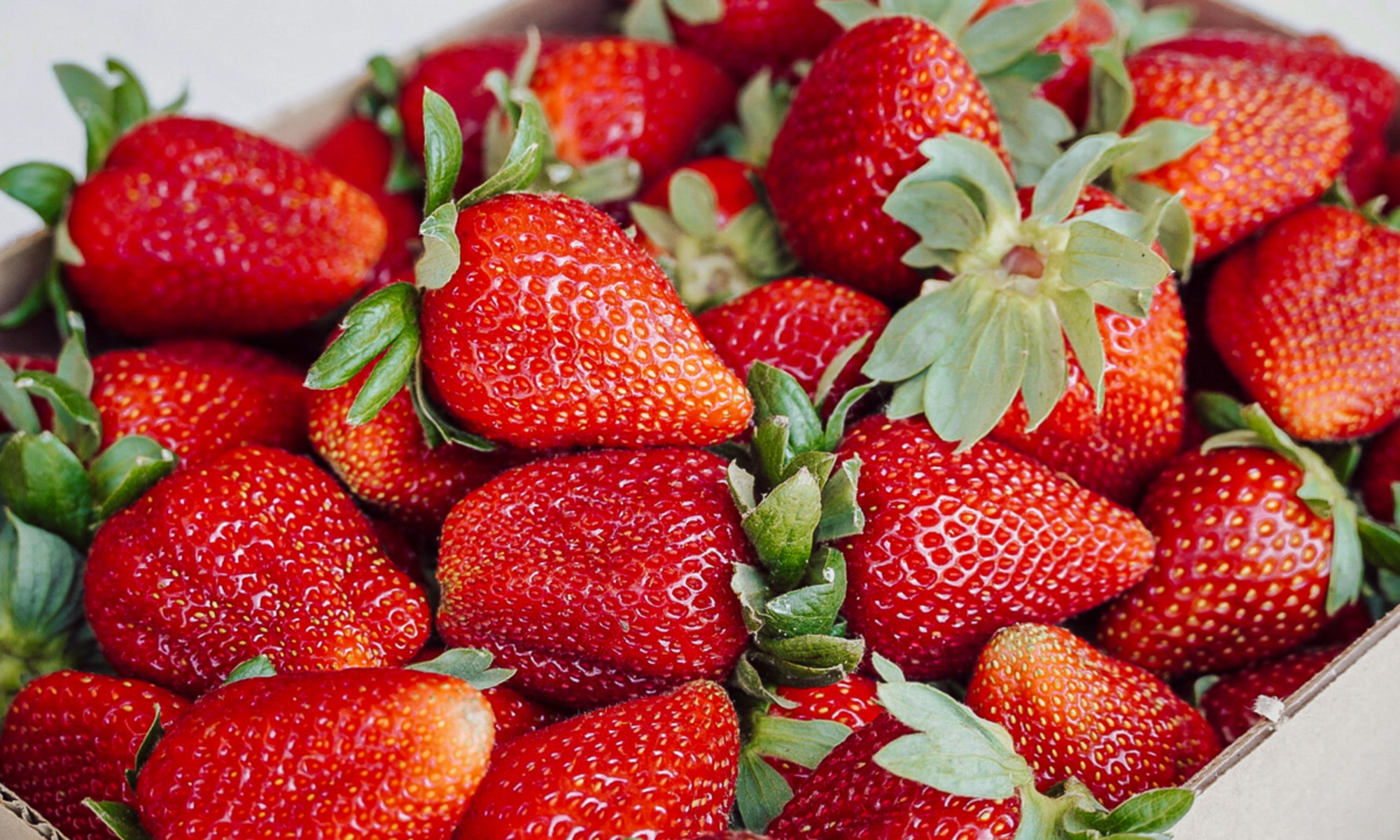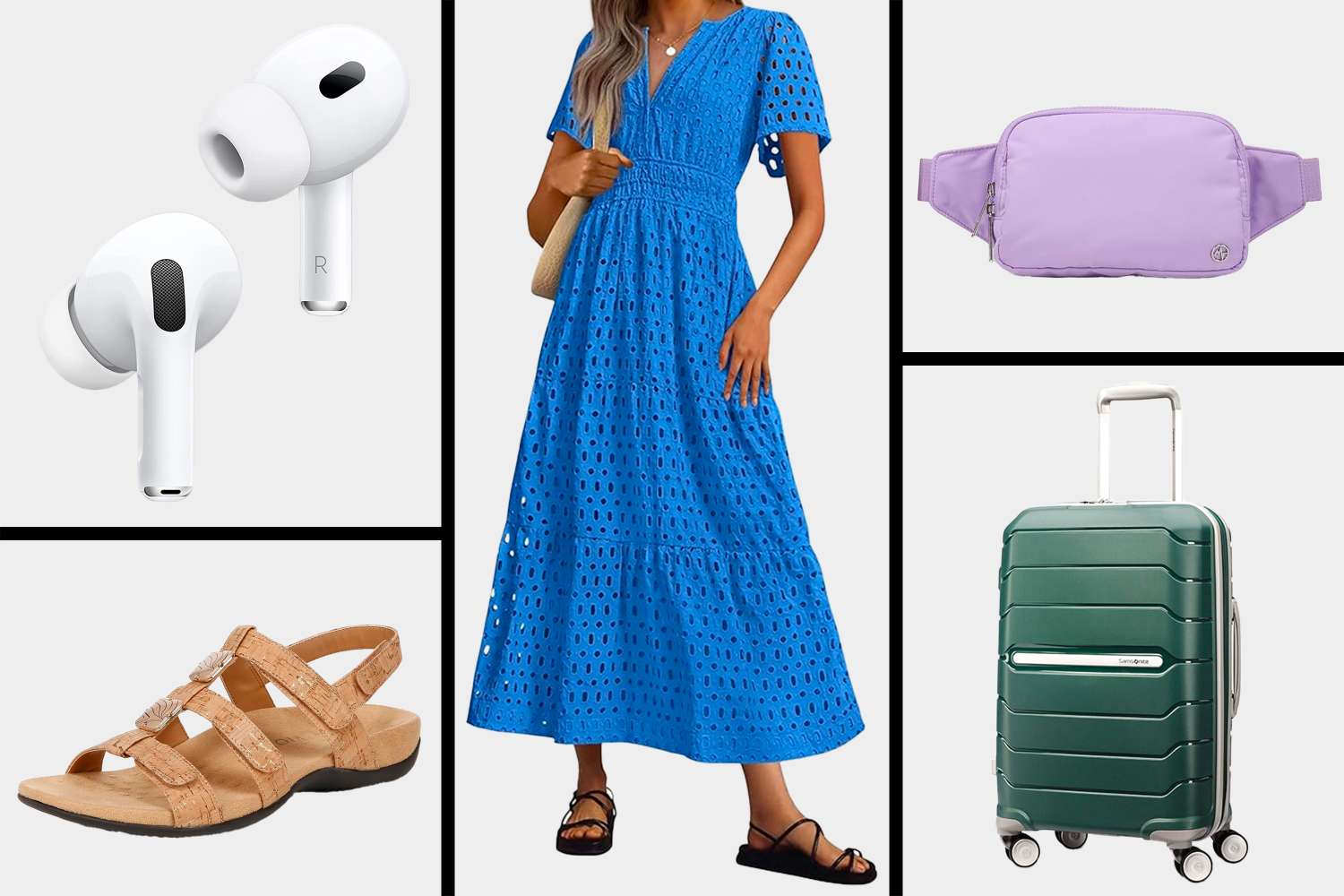Key Points
- The lifespan of adult flies varies considerably depending on the species, ranging from seven to 50 days.
- All flies go through a complete metamorphosis, including egg, larva, pupa, and adult stage.
- Removing places where flies feed and breed is a key element of fly control and prevention.
That pesky fly that manages to evade your every attempt to get rid of it with a fly swatter, only to reappear the next day seemingly out of nowhere, makes you wonder how long flies live. It’s a common misconception that flies only live for 24 hours—fly lifespans are typically counted in days, not hours.
Knowing how long flies live helps you to better control and prevent fly infestations.
How Long Do Flies Live?
How long adult flies live depends on the fly species as well as on the availability of food and other favorable conditions.
- House flies, the most common flies, have an average lifespan of 20 to 30 days.
- Adult fruit flies live much longer, about 40 to 50 days.
- Blow flies, easy to identify by their shiny metallic copper, green, blue or black color, typically live for 14 to 20 days, but up to a whole month.
- Phorid flies, tiny flies often found around floor drains, live for about one week.
Want more cleaning and organizing tips? Sign up for our free daily newsletter for the latest hacks, expert advice, and more!
The Life Cycle of a Fly
All flies go through a complete metamorphosis with four stages—egg, larva, pupa, and adult—but the time it takes a fly species to complete its life cycle varies. It is 15 to 30 days for house flies, 10 to 20 days for blow flies, 10 to 12 days for fruit flies, and 15 to 25 days for phorid flies.
Adult female flies lay their eggs, usually in clusters, in any decomposing matter to makes sure that the larvae have food immediately available after hatching, The rapidly growing fly larvae (called maggots) grow fast and feed voraciously, moving constantly. In the next stage, the pupa stage, the maggots are enclosed in a protective shell and develop into fully formed adult flies with wings and legs. The adults emerge ready to feed and reproduce within hours.
Flies die when they have reached the end of their natural lifespan, but lack of food, water, and stress, such as being in an air-conditioned environment, as well as fungal disease, can cause them to die earlier. Even the sight of other dead flies shortens their lifespan.
Fly Control and Prevention
Charun Dipravee / Getty Images
Eliminate Breeding and Feeding Options
The easiest and best way to prevent flies is to deprive them of any places to feed or breed.
- Keep trash in a tightly closed container and take it outside often.
- Do not let any food sit outside uncovered.
- Clean up any food and drink spills immediately.
- Don’t let dirty dishes accumulate in the sink.
- Keep pet feeding and litter areas clean.
Cut Down on Exterior Lighting
Flies are attracted to lights at night and reducing the amount of exterior lighting around your home helps to cut down on flies.
Install Barriers
Tight-fitting screens with 14 to 16 mesh (strands per inch) size work as a barrier against most flies to prevent them from entering through doors, windows, and vents. Check your screens for any rips or holes.
Set Fly Traps
Kinga Krzeminska / Getty Images
There are all kinds of commercial fly traps available, from traps with pheromone to sticky papers or strips and ultraviolet indoor fly traps that lure flies and other insects with light. You can also make your own fly trap.
Use Insecticides
Given the fast reproduction cycle of flies, spraying a pesticide against a fly infestation won’t have any effect if you don’t first eliminate all the sources that attract the flies to the inside of your home.
FAQ
-
House flies may live in a house for up to one month if they find food.
-
No, only mayflies have a lifespan of less than a day; every other kind of fly lives for more than 24 hours.
-
The mayfly lives for 24 hours and mates and reproduces during that short lifespan.
-
Yes, flies rest during the night. They find a sheltered space to sleep, and their movements are slower during that time.











